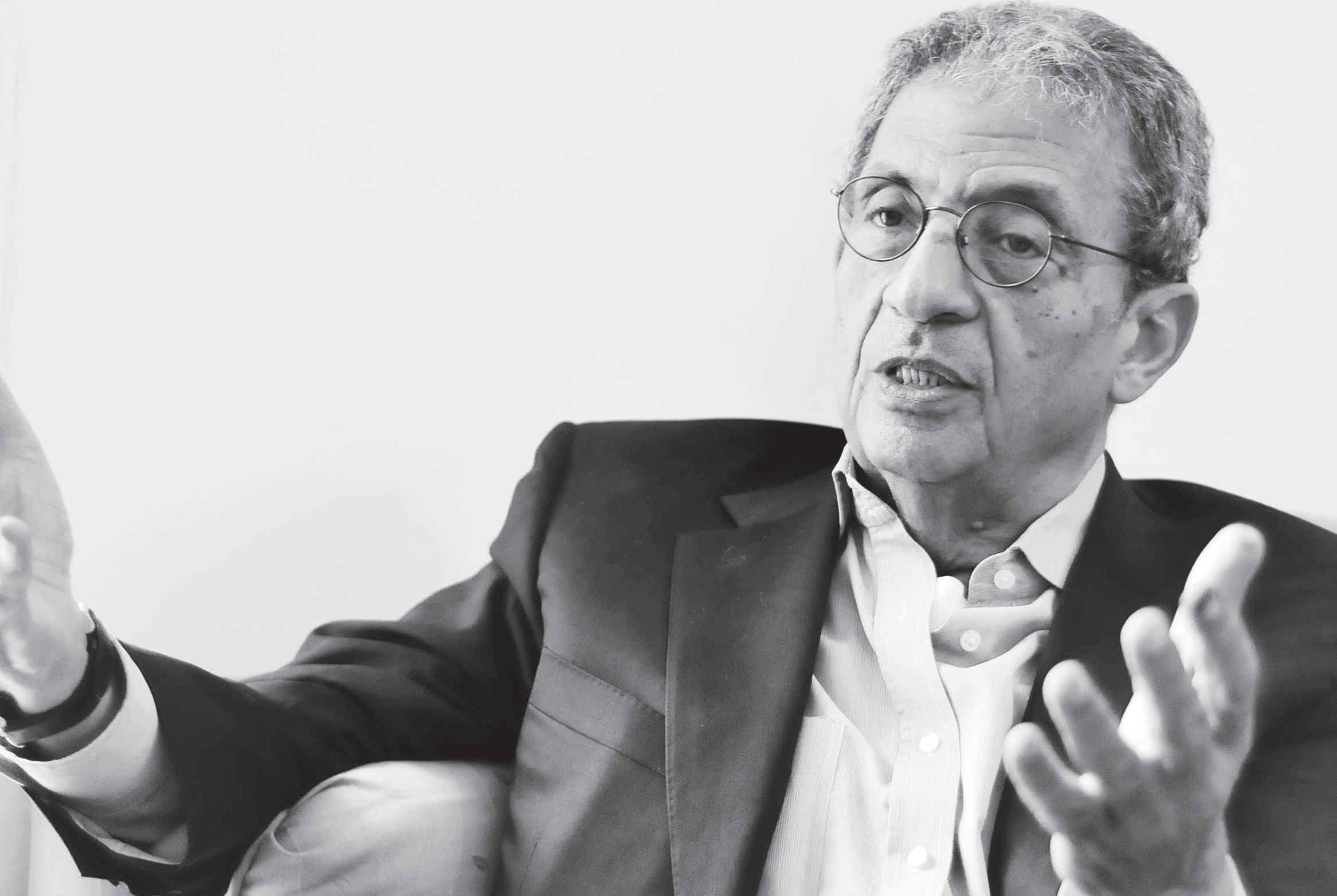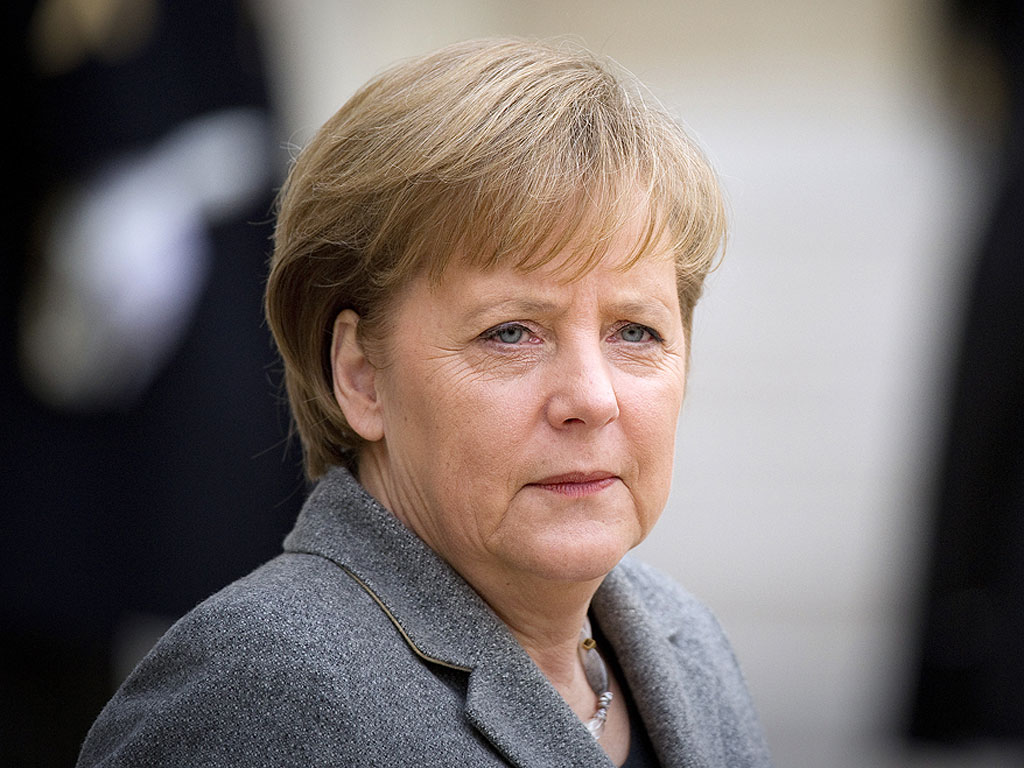In an interview with Daily News Egypt, Visa CEO Alfred Kelly praised efforts of the Egyptian government to digitise the country’s economy.
How would you describe the significance of your visit to Egypt and how important is this market to Visa?
The government of Egypt has a bold vision to develop and digitise its economy, increase the efficiency of services for citizens, and bring millions of people into the formal financial system to the benefit of the entire country.
This is my first visit to Egypt as the CEO of Visa. Our president, Ryan McInerney, met His Excellency President Abdel Fattah Al-Sisi and members of the government in May 2017 and signed a memorandum of understanding (MoU) to lay out our willingness to support this vision. That MoU, and the work we have started, alongside our partnerships with entities like Egypt Post, signifies how importantly we take our responsibility as a partner to the government in its efforts to digitise Egypt’s economy, for the benefit of millions of people.
The government is creating a strong environment for that transformation. It founded the National Payment Council, a forum where Egyptian entities can discuss issues, and has enacted regulations designed to curb the use of cash in government circles. Its efforts to digitise the payroll and pensions system are all examples of the progress made. Visa’s role is to support and help realise the government’s strategy using our global expertise and technology.
Digital payments are the catalyst for innovations in commerce around the world. The power, speed, reliability, and security of our global network makes Visa the right organisation to partner with the Egyptian government.
In your opinion, what are the main building blocks for this transformation?
The migration to digital payments improves the lives of individuals, supports stronger businesses, spurs economic progress, and prosperity. Transformation starts with a bold government vision that balances economic growth for all citizens with consumer and data protection, as well as economic security.
Then it is a case of assessing how digitisation can help improve communities. Digital payments have several advantages over cash. First, they are transparent so there is less leakage from the system. There are records, which helps improve things like accurate tax accounting. Disbursements can be delivered direct to bank accounts. This means that more people are able to access other important financial services. It also means that the informal economy, which works against economic growth and traps people in a cycle of poverty, is reduced.
User experience is key. People will not use anything that is harder or less efficient than the alternative. People want to pay their bills, collect their benefits, pick up a coffee, go to the movies, order groceries, and send money to their parents. If the user experience is not good, they will not use it. Therefore, we have to spend time to make digital solutions better than cash. In a place like Egypt, mobile services are also critical—so we must develop everything as mobile-first.
Another critical element is to ensure we are helping micro and small businesses accept digital payments. These businesses are the lifeblood of the economy—transacting over $6.5tn per year and interacting with more than 4.5 billion customers every day. We must ensure they are integrating into the digital economy.
How can we drive a cashless culture and promote the benefits of digital payments?
We certainly see a global shift towards digital payments. Digital payments exceeded cash payments for the first time in 2016. In places like the UK, cash now accounts for around 40% of all payments, down from around 62% in 2006 according to reports. In India, the government’s demonetisation programme has really accelerated digital payments.
However, cash is still a useful payment vehicle for millions of people, and in some cases, it is their only payment tool. For this reason, we do not want to take cash away from people, but instead, promote the digital alternative—which is a better, safer, and a more reliable alternative.
The breakthrough for us is in mobile. While the adoption of payment cards is still relatively low—90% of consumer spending is still in cash across MENA—now everyone has a phone—possibly two or three. This is transformational because we can now offer financial products through those devices, including payments. Mobile devices are a great game changer for us.
On the other side we have the retailer or the merchant. Point of sale devices are costly and require fixed line internet and power, which is not accessible to everyone. Again, mobile is a game changer. With a mobile phone and a USSD number, or a QR code—that little black and white box you now see on many products that can be read by your smartphone camera—suddenly a merchant can accept a payment via a mobile phone, allowing funds to go straight to their bank accounts safely, conveniently, and instantly.
Hence suddenly, we have the ability to connect billions of people to our network. In many ways, it represents the beginning of a new era, in which digital payments are no longer constrained by wired infrastructure. Any connected device can be transformed into a Visa digital payment device, allowing digital commerce to extend to parts of the world where it was not previously possible.
How can mobile payments help achieve this cashless culture in Egypt?
Mobile penetration is more than 100% in Egypt, and as I say, we see this as a great opportunity for us to work on increasing the adoption of digital payments in the market.
This year we launched a service that enables people to scan a QR code to pay with QNB Alahli and the National Bank of Egypt, and we are getting ready to launch it with other banks. The QR code is also a low-cost acceptance tool, which helps smaller merchants.
We think this innovation is transformational and will bring millions of people and merchants into the formal financial system, which will benefit the whole economy.
How do you think about leadership and what are some of your top priorities for being a successful leader?
Great leaders and great companies encourage leadership at every level. As leaders, we set the tone for the entire organisation. We should be role models for how we want everyone to act. At Visa, our leadership principles are as important as our business mission and vision—what we do and how we do it are both critical to our success.
In my view, leaders earn respect rather than expecting it, just because we happen to be the leader. When people take the time to be present, to remember small details, to listen, it goes a long way to engaging people and helping them understand what kind of organisation they work in.
This year marks the 10th anniversary for Visa as a listed company and the 60th since the company started its journey, what has been the key to the success of Visa?
What few people realise is that Visa was probably the original fintech company 60 years ago.
We think we have certainly led the way during those years in the digital transformation of commerce.
We created the world’s first digital payment network, VisaNet, which continues to be the foundation for innovations. We saw the shift to contactless payment technology, to the rise of secure mobile and Internet of Things payments. We have transitioned from being a bank-owned association to a publicly traded company. We went from being a proprietary network technology to an open platform, where people can build solutions on our network. We are moving from physical cards to account details stored on mobile devices. We continue to evolve our technology, opening up our network, to support the needs of financial institutions, merchants, developers, and governments to help them access and benefit from digital payments.
When we went public 10 years ago, in 2008, it was the most valuable IPO on the New York Stock Exchange in US history, and it remains a pivotal moment that put Visa on the path to becoming the company it is today. At that time, Visa had just 5,200 employees and a stock price of $11. We are now a global enterprise of more than 15,000 exceptionally talented and dedicated employees.
The last 60 years has been defined by change, as we have led the migration from paper to plastic to digital payments, but there has been one constant—the driving force behind Visa’s growth and value has always been our employees. Our people drive the change in the industry and in Visa.



